Water Treatment
The usual reasons for treating a water supply are:
Limescale
This is probably the most common reason for using a water treatment unit of some kind.
- Limescale will cause equipment, which heats water, to become inefficient over time. This can lead on to equipment malfuntion and ultimately, total failure of the appliance.
- Limescale can also give rise to an unacceptable appearance in beverages - creating an almost grease-like scum on the surface of tea or coffee. This 'scum' however, is only pure Calcium, which is one of the essential minerals. But that often doesn't make it any easier to explain away to customer!
Taste Problems
This is becoming a much more prevalent problem with modern day water supplies.
The usual culprit here is Chlorine, which is put into most mains water supplies to combat the growing problem of pollution.
Other Problems
There is a number of other water-related issues which cause a demand for water treatment.
Iron
This can cause discolouration in equipment giving rise to either black or brown deposits - particularly noticeable when in combination with limescale. Iron can also contribute to strong tastes when present in high concentrations. It is one of the more difficult problems to address, as iron-specific filters tend to be quite expensive.
Algae
Thankfully, algae-derived problems are very rare. They usually indicate a major problem in the water supply and can be quite difficult to identify initially. The symptoms (bad tastes, odours, and maybe discolouration) are often confused with other issues such as chlorine, iron, or the machine - water boiler or coffee brewer.
The Remedies
Limescale or 'scale'. There are several options which will really depend on cost considerations:
-
The value of the appliance to be protected, or
- The cost of downtime for the appliance to be repaired or maintained.
Broadly speaking the 'harder' the water, the larger the filter, and therefore, the more regularly it will be required to change.
The most effective, but also the most expensive option is a Replacement Resin System from Brita, European, or Everpure. These remove almost all of the hardful scale constituents of water. There are different sizes depending on usage. Physically, they look similar to a domestic gas cylinder.
After those, there are the Siliphos-dosing Systems, which allow a small amount of Silicate-Phosphate compound (food-grade) into the water and slow down the scaling process. These do not remove the limescale - but change its nature. These double, maybe treble, the descaling interval.
Electronic or magnetic units are of limited use in boilers/coffee brewers. The electromagnetic effect, in such storage-type situations, seems to wear off after a number of hours of the water lying static. They are probably fine in process, or continuous flow applications like dishwashers.
Bas tastes. Often blamed on the machine, but usually a chlorine-based problem. A carbon, or 'activated charcoal' filter solves 90%+ problems of this nature. These usually have a dirt-removal part built-in to remove rust, sediment, and the like.
Note: Where combined with a scale treatment unit, put carbon filters AFTER a resin unit, or BEFORE a siliphos unit.
Tips on Softeners
It is recommended that salt-based water softeners should not be used on beverage equipment. Such softeners are fine to use on dishwashers and other process equipment. The sodium left in the resin in the unit, after the regeneration backwash, can have an effect on the human nervous system at high dosages.
Problems are also caused in filter coffee brewers as the filters tend to clog and flood. The replacement resin cartridge systems (see above) overcome these problems by using new, fresh resin in each replacement cartridge.
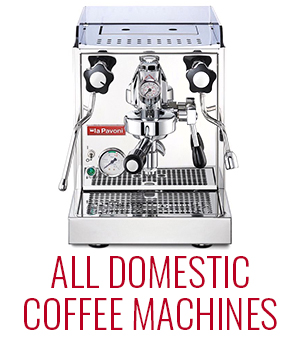
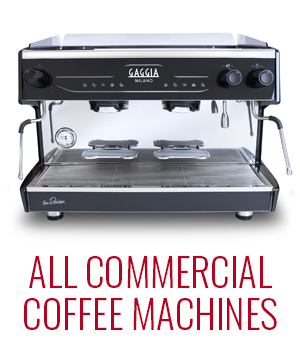
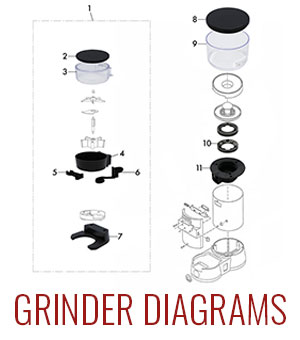
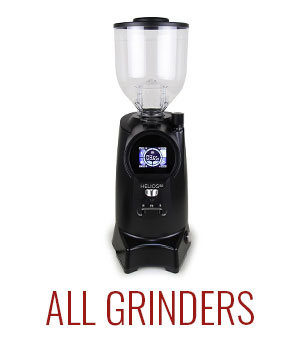
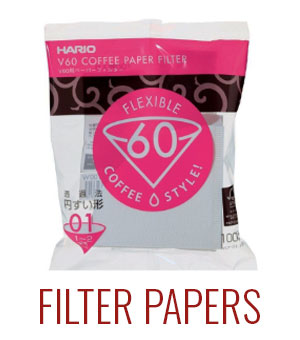
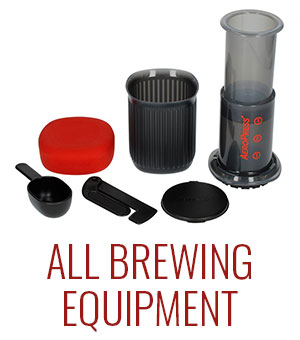
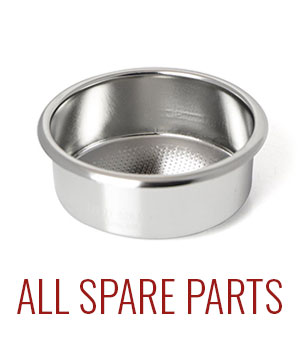
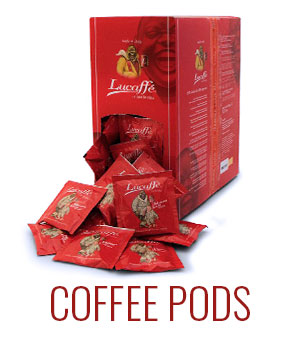

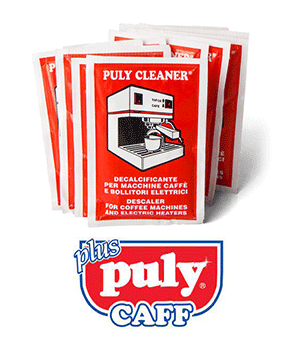
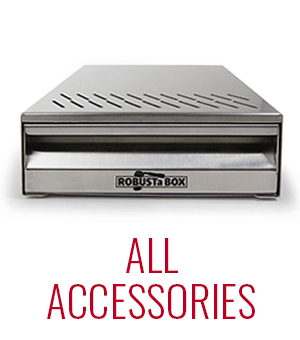
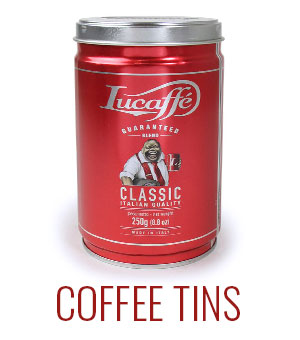


 Free
Free 
